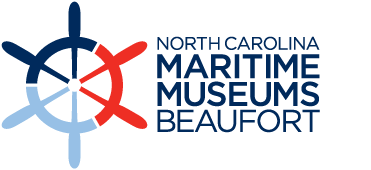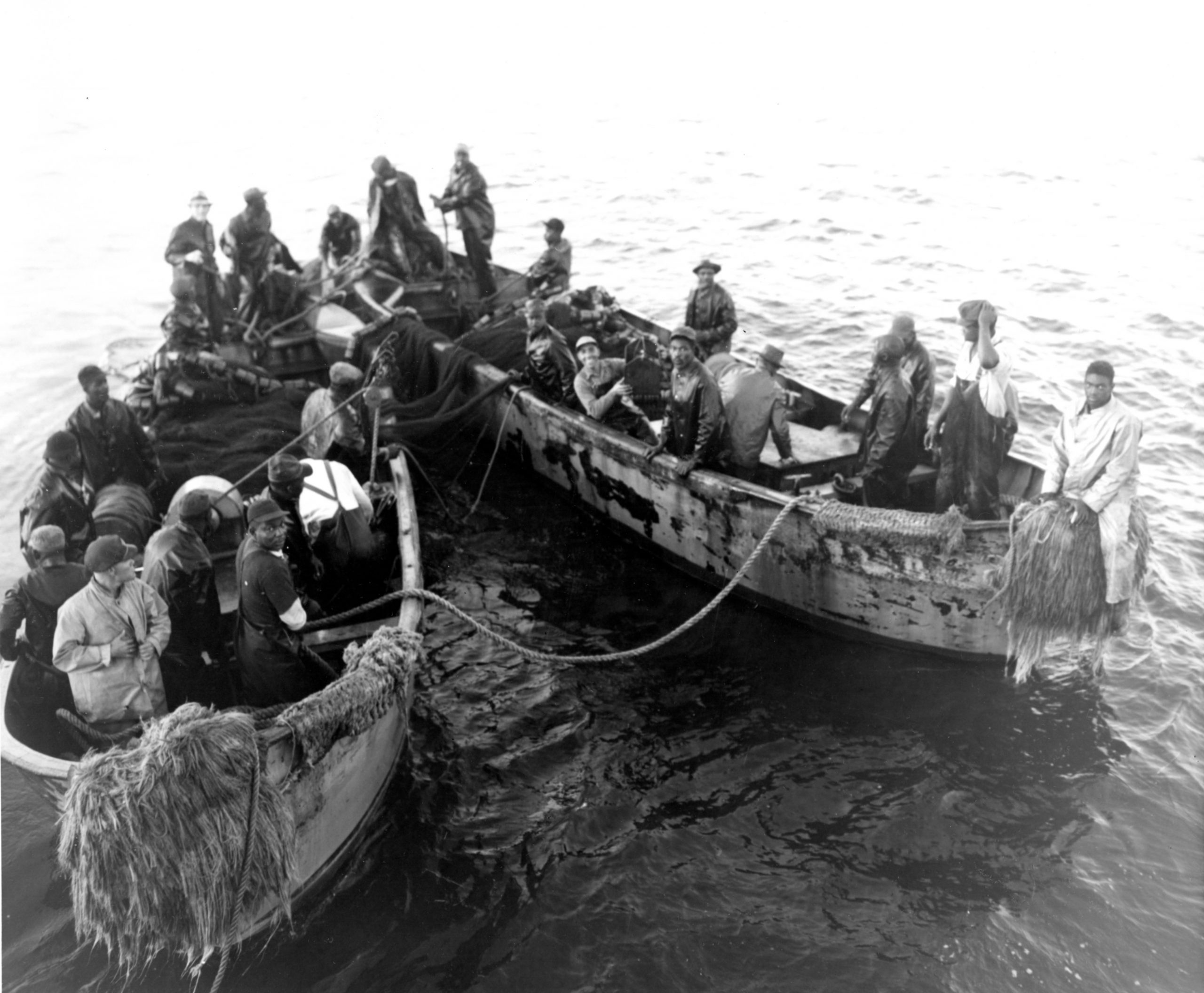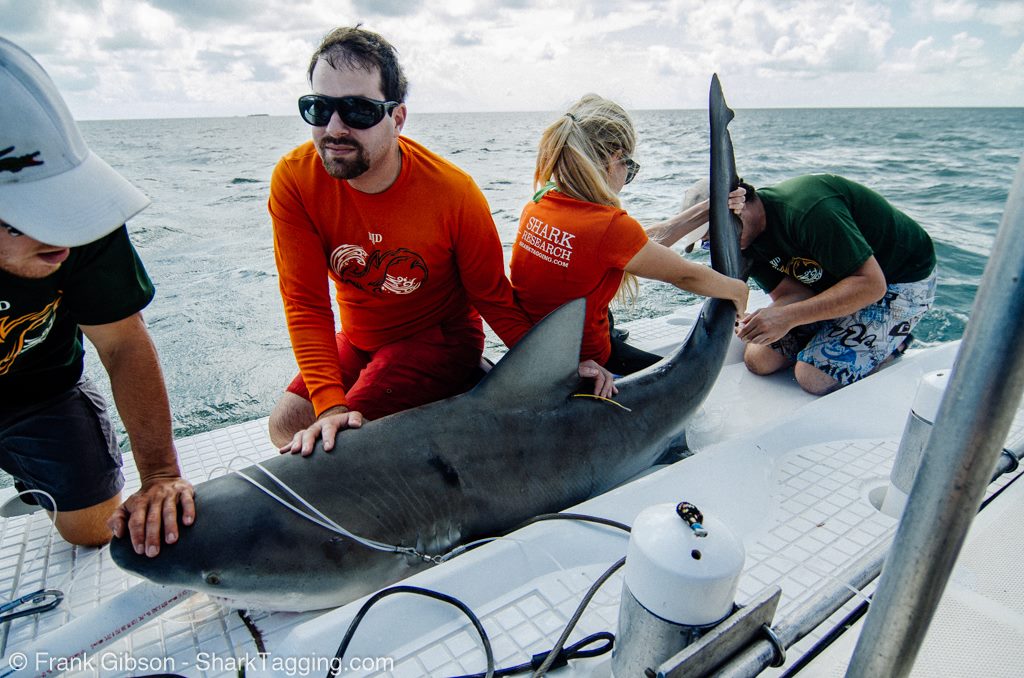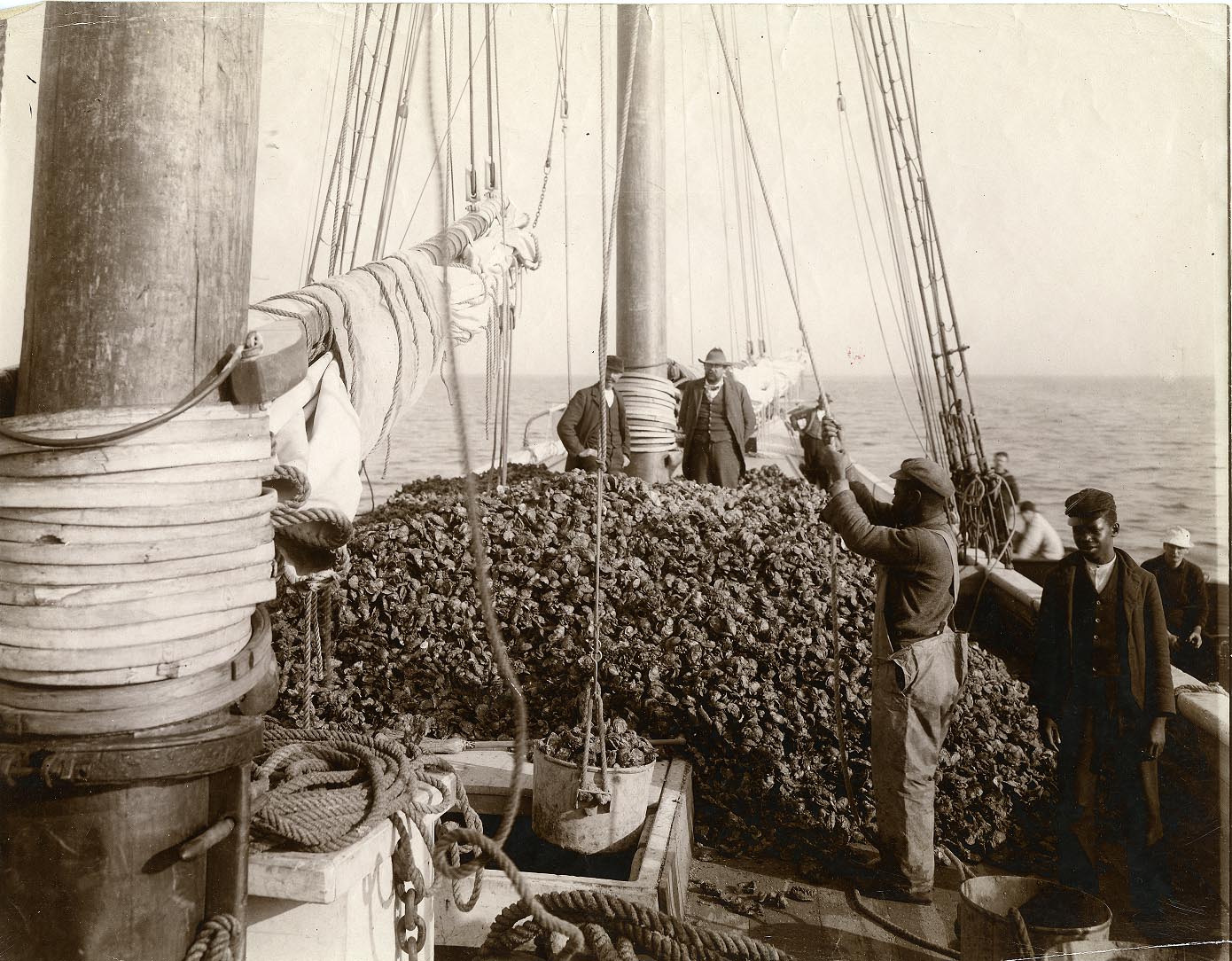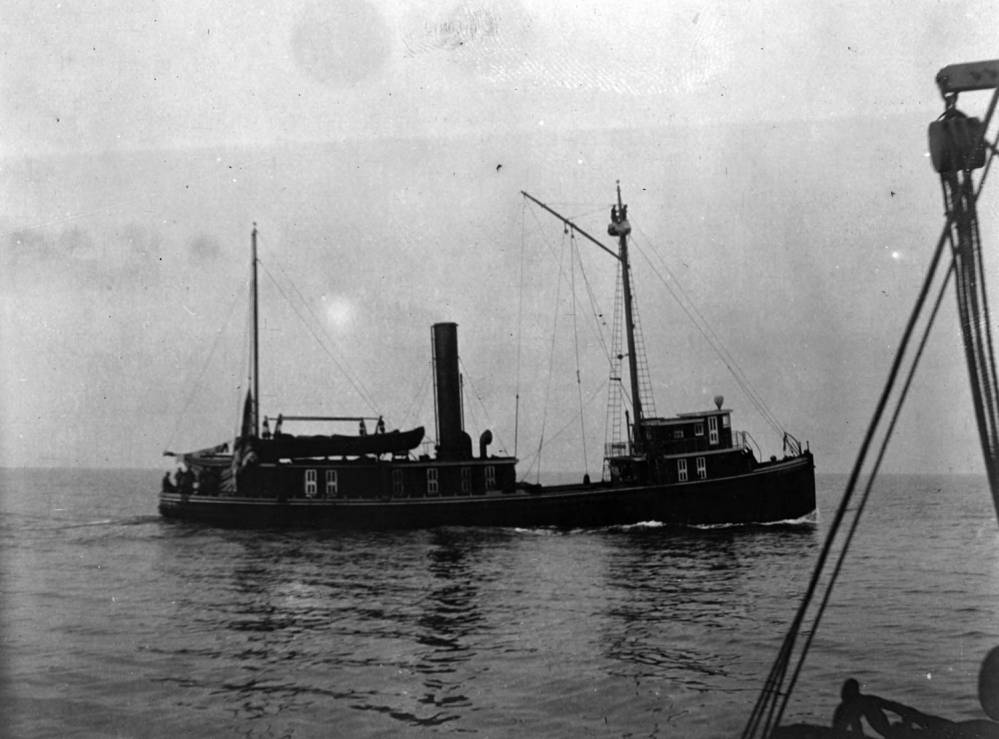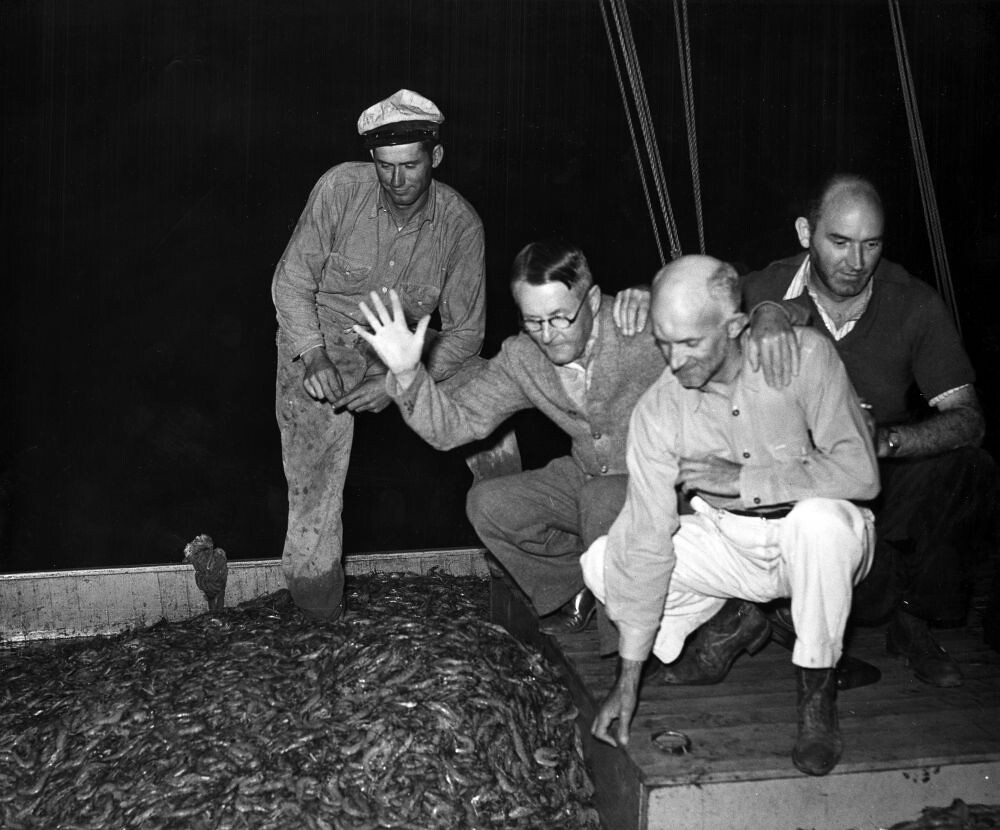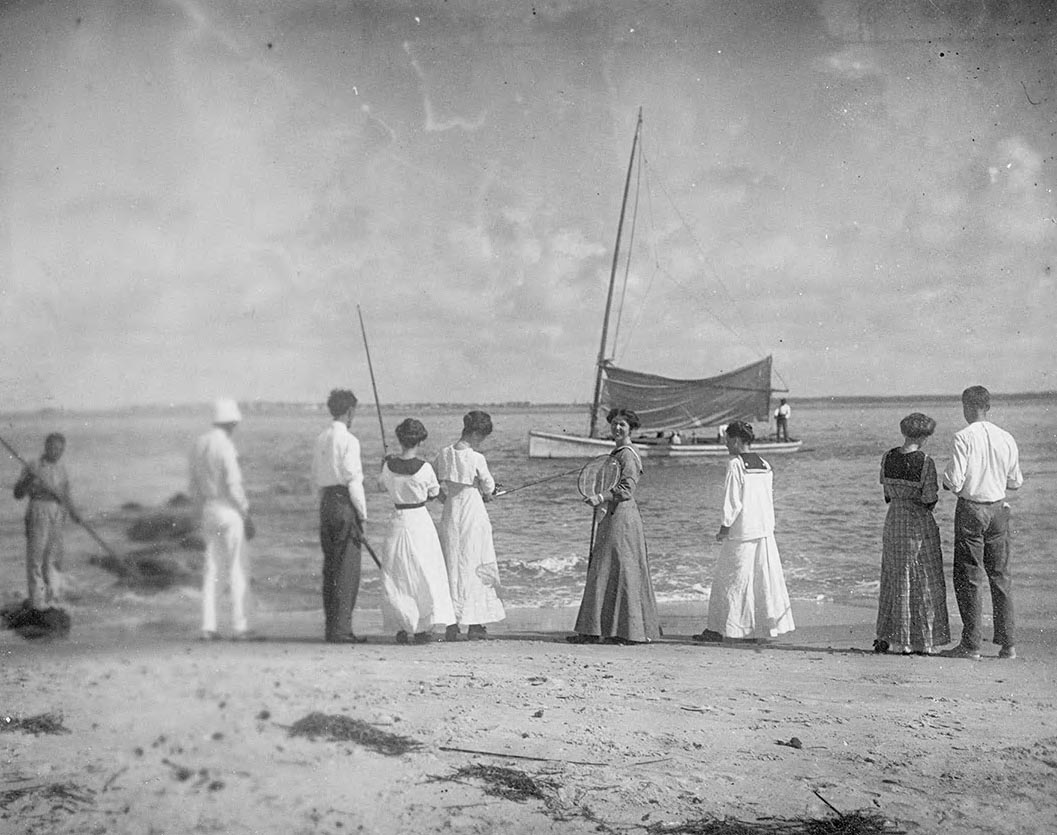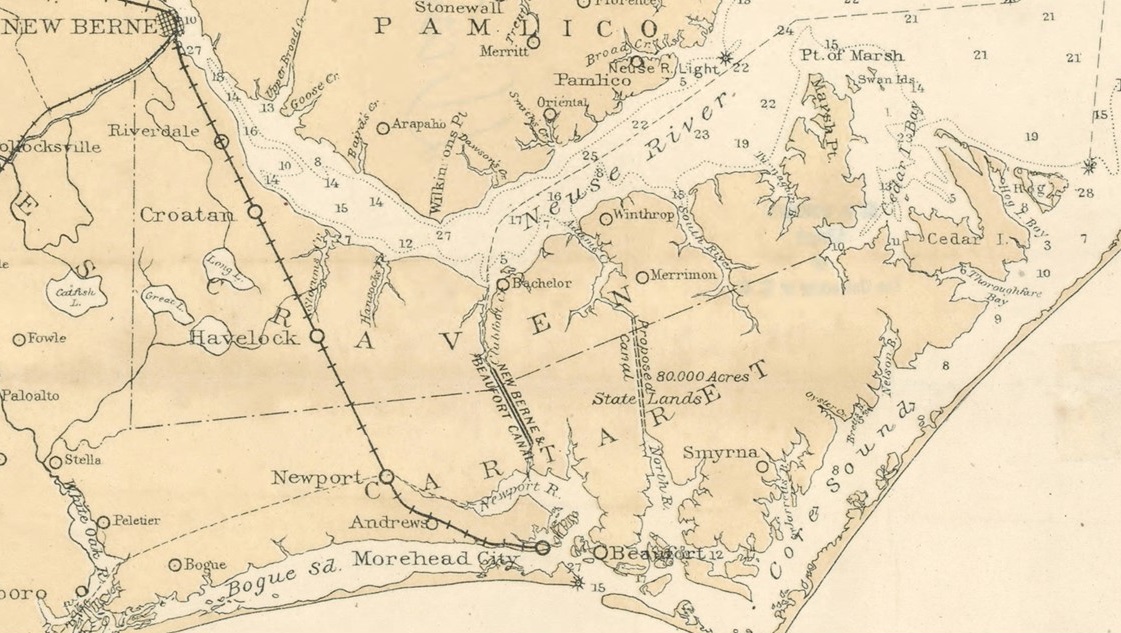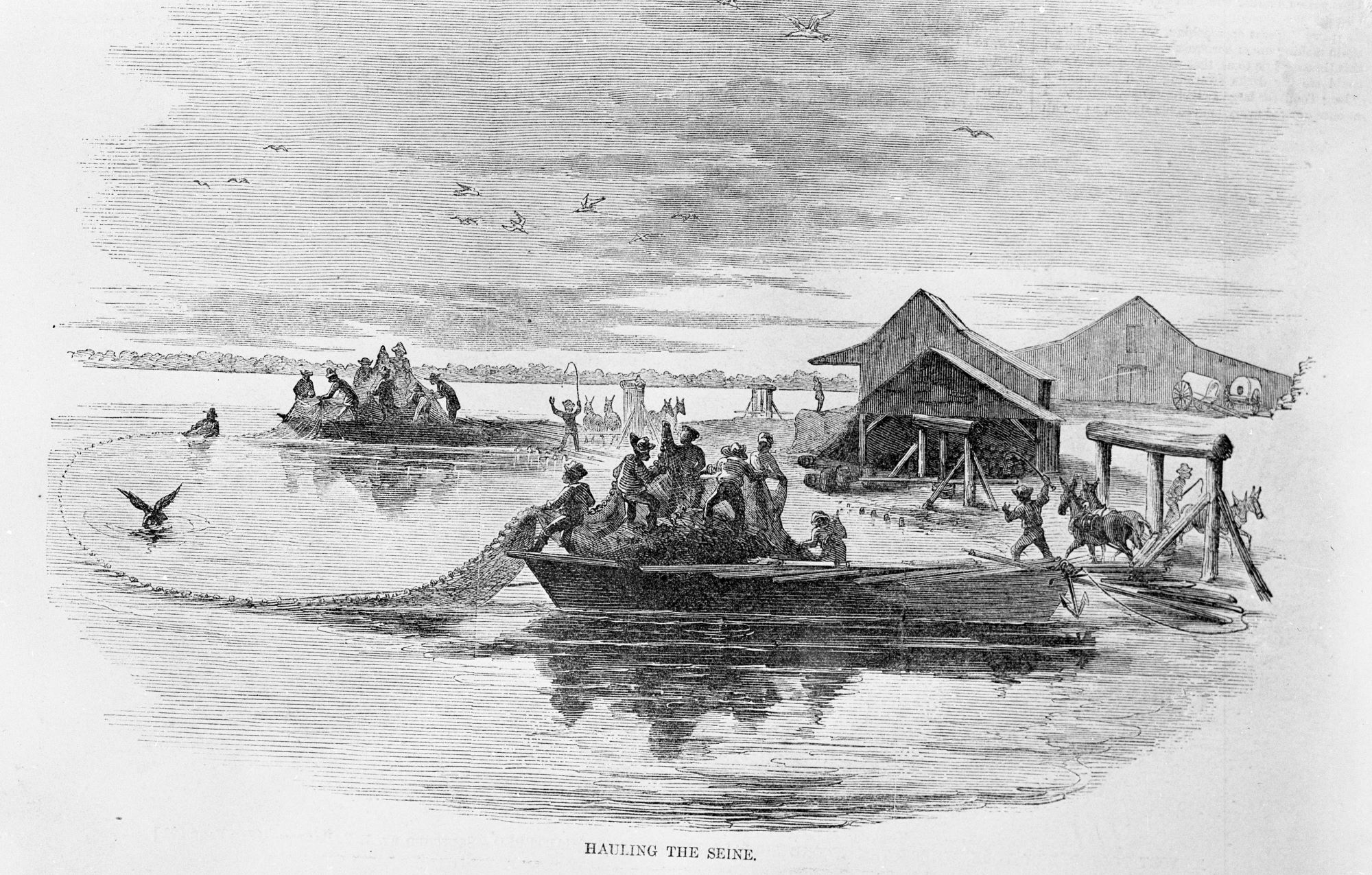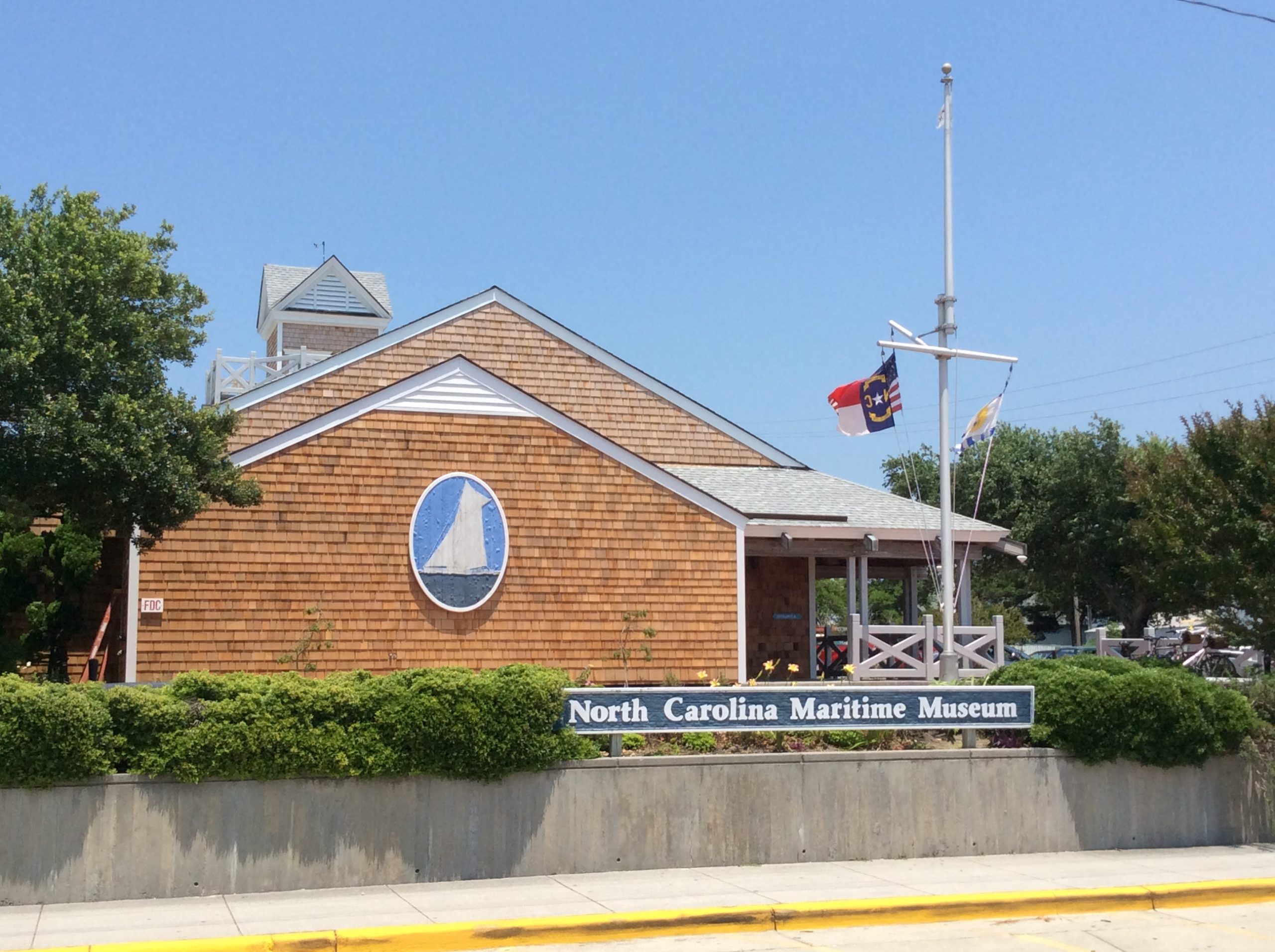Paid programs are sponsored by the Friends of the Maritime Museum in Beaufort.
Registration and Refund Policy:
Registration costs, less a 10% fee, are refunded when the museum receives cancellation notice at least 48 hours before the start of a program. There is no refund within 48 hours of the start of a program, and tickets cannot be transferred to a later program date within that 48 hour timeframe. Due to material costs and supply, Harvey W. Smith Watercraft Center Courses require a 2-week notification for cancellations; only the course fee is refunded if cancellation occurs prior to 2 weeks. The Museum reserves the right to cancel any program that does not meet the minimum participant requirement up to one week before the program is scheduled. In the event of cancellation due to low enrollment, participants who have submitted a fee will receive a full refund. If a program is canceled due to inclement weather and unable to be rescheduled for another date, the participants will receive a full refund.
Registration and Refund Policy:
Registration costs, less a 10% fee, are refunded when the museum receives cancellation notice at least 48 hours before the start of a program. There is no refund within 48 hours of the start of a program, and tickets cannot be transferred to a later program date within that 48 hour timeframe. Due to material costs and supply, Harvey W. Smith Watercraft Center Courses require a 2-week notification for cancellations; only the course fee is refunded if cancellation occurs prior to 2 weeks. The Museum reserves the right to cancel any program that does not meet the minimum participant requirement up to one week before the program is scheduled. In the event of cancellation due to low enrollment, participants who have submitted a fee will receive a full refund. If a program is canceled due to inclement weather and unable to be rescheduled for another date, the participants will receive a full refund.
